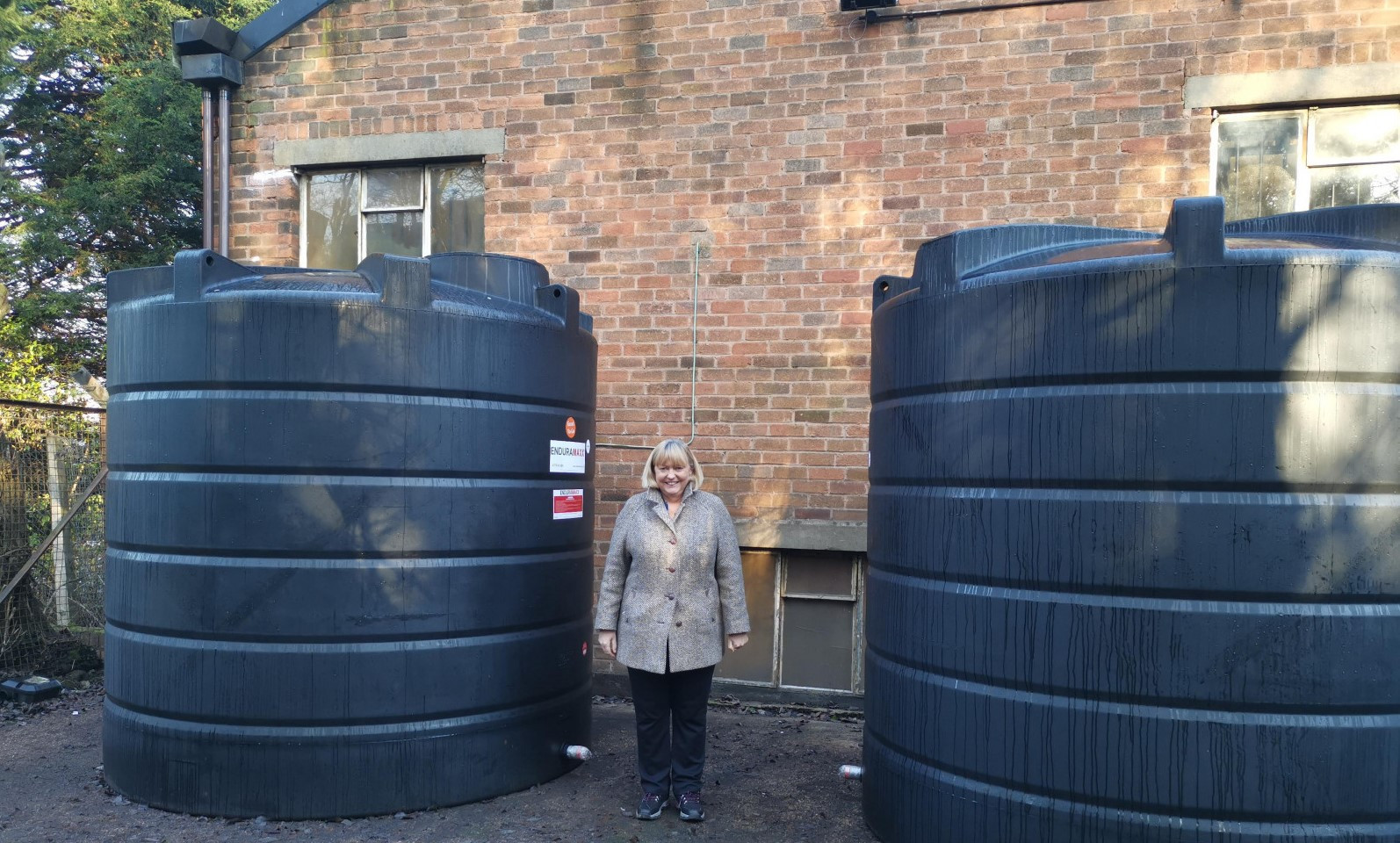The first Virtual Breakfast Morning of 2022 saw Made in Group members reflect on the events of the past 12 months and look ahead to a year of opportunity. Jonny Williamson reports.
We can only guess at what the coming months may hold but two topics will likely dominate industrial and political conversations – innovation and sustainability. More specifically, how endeavours to support them can be broadened and accelerated.
- Sustainability has climbed up the boardroom agenda following the COP26 summit last year and the growing sense of urgency regarding climate change.
- Manufacturing accounts for two-thirds of private sector innovation As such, the Government is leaning heavily on industry to help it hit the target of R&D investment reaching 2.4% of GDP by 2027.
Against this backdrop, it was inspiring to hear two manufacturers share how innovation and sustainability are positively impacting their operation, work force and local community.
It’s worth noting that innovation and sustainability may appear to compete for the same pot of cash but that need not, indeed should not, be the case. The two areas are intrinsically linked and several studies have shown that leaders in sustainability are frequently also leaders in innovation. (A worthy discussion for a future article.)
From high volume, low margin to high value, bright future
Willenhall based WH Tildesley is one of the UK’s leading drop forging specialists and one of the oldest – its 150th anniversary is just around the corner. Yet the transformation WHT has undergone proves you can never be too old to do something new.
Challenged by growing competition and dwindling margins, this fourth-generation family business was facing an uncertain future. At the time, the majority of its output was simple parts from common metals. The management team recognised that in order to survive and grow this very traditional forging company needed a change in direction.
A new strategy was put in place that now sees WHT specialise in high-performance materials and low to medium batch production of safety critical, complex parts and prototypes. Such materials carry significantly higher risk and a hefty price tag, hence why many companies prefer not to work with them.
Doing so requires a laser-like focus on right-first time production and a deep understanding of the behaviour of materials during the forging process. WHT turned to the UK’s world-leading network of High Value Manufacturing Catapult centres and universities to enhance and extend its metallurgical expertise.

Key partnerships to date include a three-year knowledge transfer partnership (KTP) with the Strathclyde University Advanced Forming Research Centre (AFRC), funded by the UK’s innovation agency, Innovate UK.
The project embedded advanced forging, materials engineering and simulation expertise within the company, allowing WHT to exploit high-value opportunities within a number of premium and previously unexplored markets.
A second KTP followed soon after, again funded by Innovate UK, with the Warwick University Warwick Manufacturing Group (WMG). The partnership brought additional knowledge of non-ferrous and high-performance materials into WHT’s forging process. It also helped strengthen its forging diagnostic capabiltites and greater control of its manufacturing variables.
The company has subsequently forged alliances with Sheffield and Birmingham universities, Imperial College and Bentley Motors, and its work with WMG is ongoing.
These innovation partnerships go far beyond R&D testing and measurement support. They have reduced the risks in new product technologies, provided an engineering mentoring service, validated methods of manufacture and ideas, and helped optimise short and long-term investments.
According to WHT’s General Manager, David Lunn, these partnerships have worked because they are a two-way learning relationship within which Innovate UK isn’t viewed as merely a funding provider.
David Lunn’s seven tips for a successful innovation experience:
-
Eye on the prize – Don’t lose sight of commercial opportunities
-
Money talks - Keep focused on value for money and adding value to your business
-
Nothing is free– Your time and money will have to be invested at some point
-
Record keeping – Document all targets, key activities and milestones as you go
-
Things change - Don’t be afraid to revisit objectives during the projects
-
Diversity matters – All ages and experience have something to offer
-
Bigger picture – Don’t make receiving HMRC R&D Tax Credits your sole motive
Small steps, big impact
Oldbury based Malthouse Engineering is the UK’s largest independent steel profiler (flame cutting) supplying more than 40 sectors of British industry including oil and gas, marine and medical.
Achieving environmental ISO 14001 accreditation proved an enlightening experience for the company and has resulted in an ongoing mission to become ‘greener’.
One project involved feeding their facility with rain water, rather than mains water. Four 1,000 litre IBCs (intermediate bulk containers) were installed, along with a filtration system and UV lights to kill off any bacteria, and the harvested water was pumped into the company’s grinding division to cool down workpieces.
The project’s initial success saw the four containers increase to 32 until eventually being replaced by two 20,000 litre tanks.
“We use around 1,000 litres of water a day. Today we take very little from the mains, and any that is taken is solely used for domestic purposes within the factory. It's been a very successful, yet simple action to take,” said the Managing Director of Malthouse Engineering, Roy Taylor.

Another project involved the creation of an automated system to clean each of the company’s almost two-dozen cutting machines.
“Sparks created during the cutting process are like a dust that settles in the bed of the machines and will eventually clog it up. Traditionally, a hand scraper was used by the operator to manually remove the material and we wanted to see if we could automate the process,” Roy explained.
Several prototypes later and the patented automated scraping system is saving operators so much time (and filthy overalls!) that they can now oversee the operation of two machines rather than one.
Other projects in the works include a water bath parts cooling conveyor, solar energy and a method to recycle spent grinding material. The company’s drive to become greener has also extended beyond the factory.
Fifty mixed species trees have recently been planted on an unusable embankment beside the facility and the area now regularly attracts a variety of birds and wildlife - much to the delight of staff.
Meet, greet and share best practice
Stories like these are exactly why the Virtual Breakfast Mornings are so invaluable. In-person events are a great place to expand your network and have those chance conversations that set you off on a path of discovery.
Yet, having the time to step away from the business isn’t easy, especially with order books at their highest since 1977. So, these virtual meet ups provide the perfect bridging solution.
60 minutes out of your morning to hear inspiring and thought-provoking conversations, build relationships with like-minded fellow manufacturers, and gain a clearer picture of what’s happening beyond your factory gates.
I look forward to seeing you at the next one.


